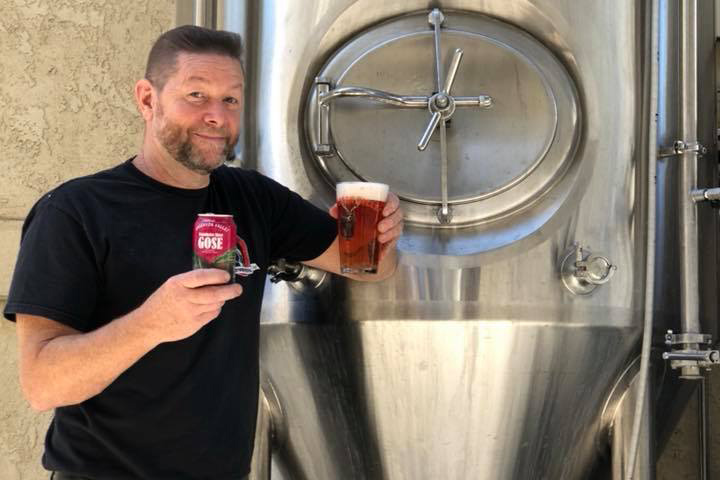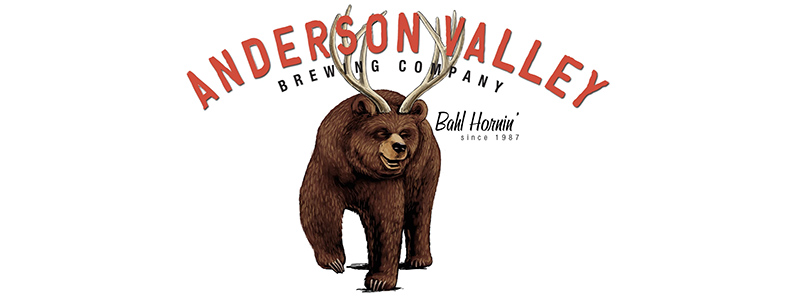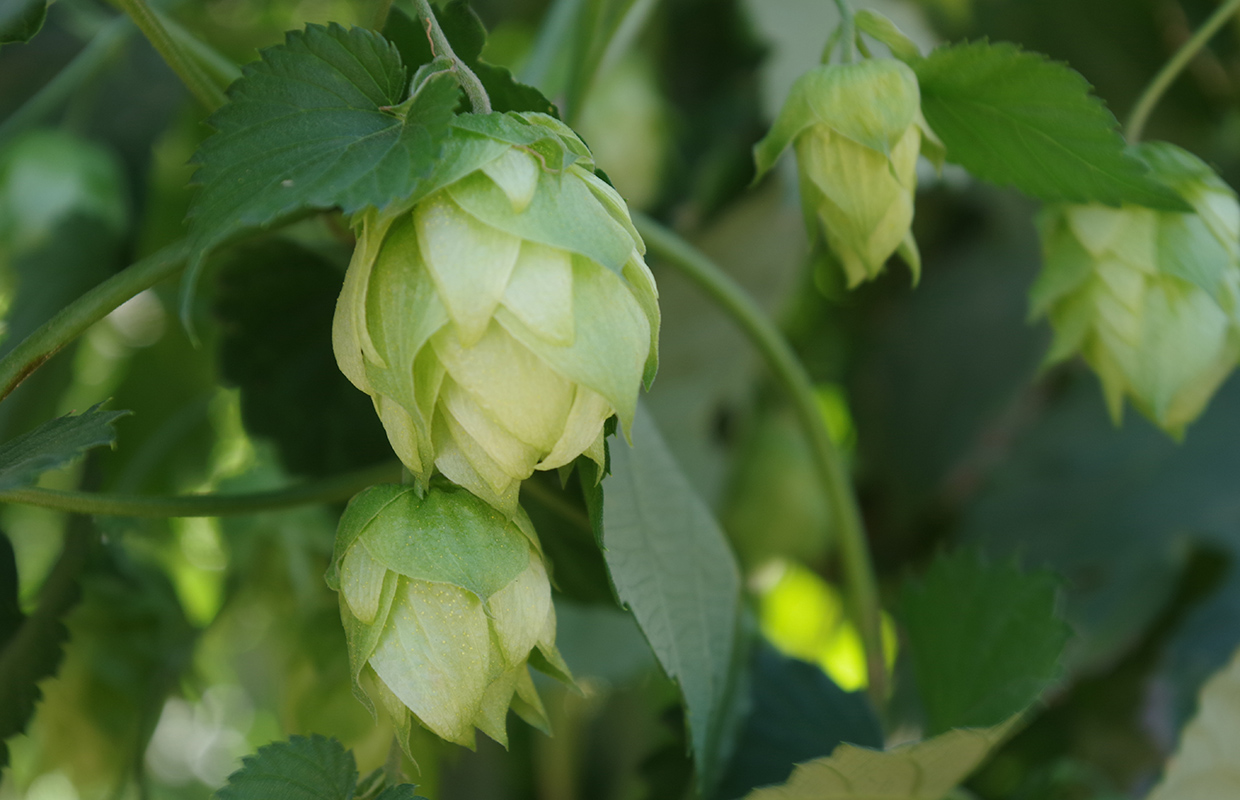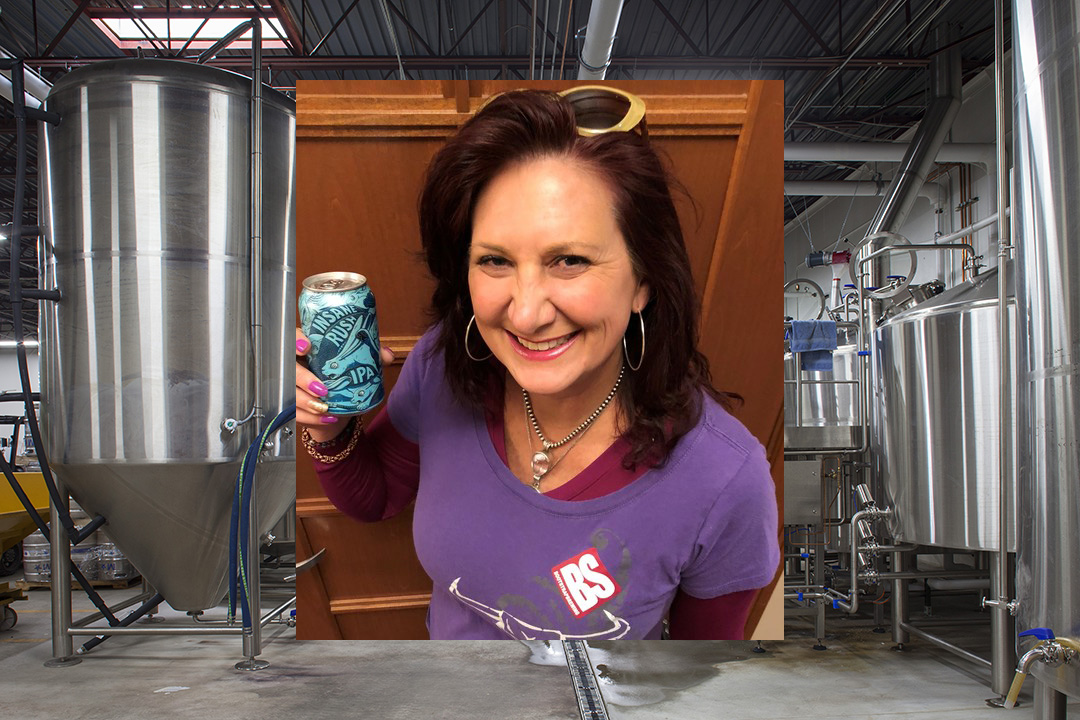
Brewer Magazine will share business and personal insights from Brewmasters, Head Brewers, Brewing Managers and others each weekend to help you, a fellow brewer, Brewmaster or brewing manager get to know each other better in the industry and learn more to better develop your own brand.
BREWER: What is a lesson learned within your position that sticks with you to this day?
ALLEN: When removing a hose from a tank full of beer, always be sure you are removing the clamp on the correct side of the valve that hose is attached to.

BREWER: In today’s business climate for craft beer, how do you feel your brewery will grow?
ALLEN: Slowly, methodically and by continuing to create new beers of distinction.
BREWER: What sort of innovations in craft beer excite you?
ALLEN: All kinds of innovation excite us. Ten years ago we made mostly British style ales. Today we continue to brew ales but we are also one of the leaders in creating Gose and kettle soured style beers. In addition we have over 2,000 wooden barrels in production, more than half of them with traditional Barrel-Aged sour beers. We make beers of all kinds and with a myriad of new ingredients and we are constantly striving to find new flavors.
BREWER: If you had one strategy that you could implement to better the craft beer business as a whole, what would it be?
ALLEN: I would try to teach cleanliness and drinkability. I think that those are the hallmarks of a great beer. Cleanliness not just in your process (which is absolutely paramount) but cleanliness of the flavors you create. One’s beer should have clean, nuanced and distinct flavors, not just a jumbled mash up of taste. Drinkability is also very important. You have to leave a drinker wanting more. If someone tries an ounce or two of one of our beer and thinks “Wow great flavor, but I think I want a pint of something else,” or if at the end of the first glass does not think they want another one … then we, as brewers, have missed our mark. Good beers should have a high degree of drinkability and leave the consumer wanting more.



Be the first to comment